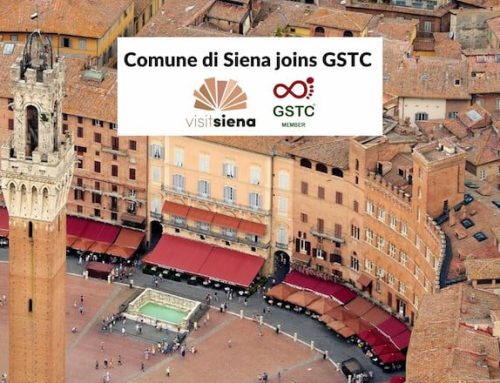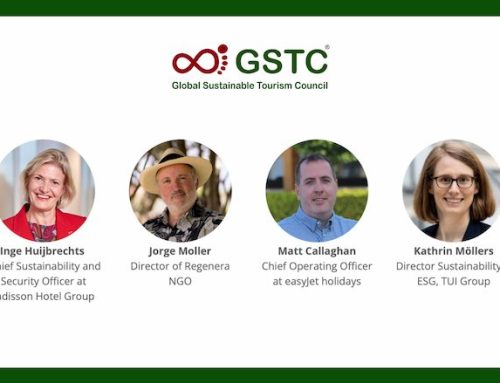
During the conference, GSTC CEO Randy Durband was a guest panelist at a forum held on Biodiversity and Tourism Development. Mr Durband, discussed with the audience the threats and opportunities between medium and large scale tourism ventures and how they can cooperate with indigenous and local communities to develop nature-based tour products.
Similarly, Dr. Dirk Glaesser, GSTC Board Member and Director for Sustainable Development of Tourism Department at the United Nations World Tourism Organization (UNWTO) led a panel on identifying criteria for priority-setting. The key purpose of this session was to reveal how to integrate biodiversity into the development of critical tourism and conservation hotspots. Dr. Glaesser – author of several publications in biodiversity- has years of involvement in the field and since 2007, he supervises the UNWTO Consulting Unit on Biodiversity and Tourism in Bonn, Germany.
According to GSTC member and world’s leading conservation organization the World Wide Fund for Nature Foundation better known as WWF, «Biological diversity is the resource upon which families, communities, nations and future generations depend. It is the link between all organisms on earth, binding each into an interdependent ecosystem, in which all species have their role». Every two years, the WWF publishes the Living Planet Report which documents the state of the planet and what this means for humans and wildlife. The 2014 Living Planet Report provided a comprehensive view of the health of the earth and confirmed suspected trends.
Irresponsibly managed, tourism can have a variety of negative impacts on biodiversity. In order to address biodiversity loss at local, regional and national levels, the Global Sustainable Tourism Council will continue to lead by example with key actions: public access to the GSCT Criteria, sharing knowledge with the Sustainability Training Program, and supporting the pathway to more sustainable destinations with the GSTC Destinations Program.




